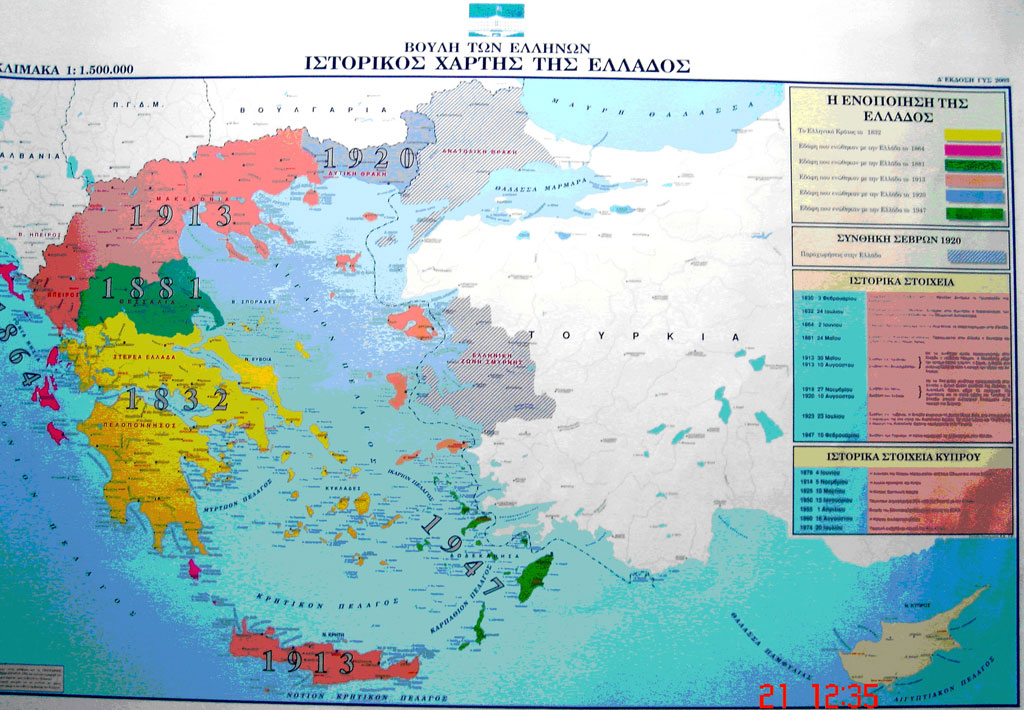Amphion
Keyboard Turner
Μακεδονία - Makedonia Perle der Griechen
-
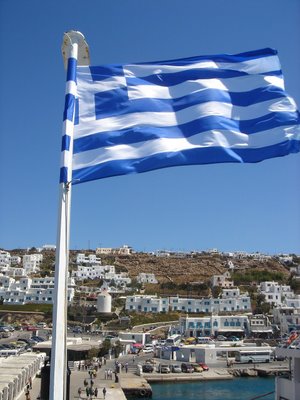
Die Basis des Makedonen
-

Die Karte zeigt Makedonia
-

To Asteri Tis Verginas (Der Stern aus Vergina - Symbol Makedonias)
-

Die Stadt
-
YouTube - Μακεδονία ξακουστή
Das Lied
-
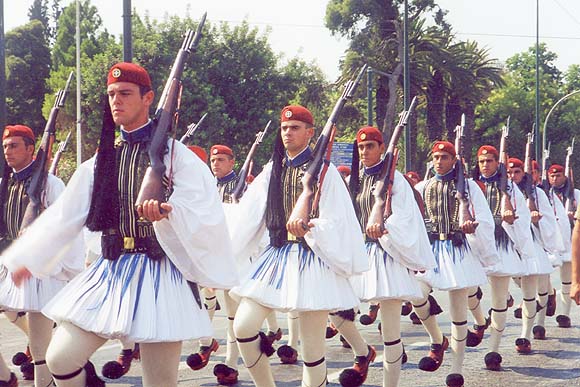
Das Volk
-
YouTube - The Kalash: Direct Descendants of Alexander the Great
in der Welt zu Hause, hier die Makedonen (Kalash) in Afghanistan / Pakistan
-
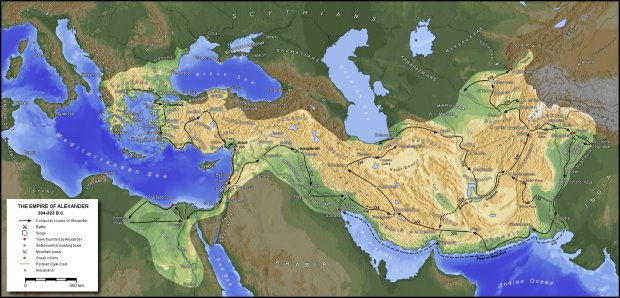
Die Freundschaft zu anderen Völkern und Kulturen hält seit sehr langer Zeit an, bis heute lebendig
-

Der befreundete Nachbar im Norden: F.Y.R.O.M
-

Der befreundete Nachbar im Westen: Albanien
-

Der befreundete Nachbar im Nordosten: Bulgarien
-
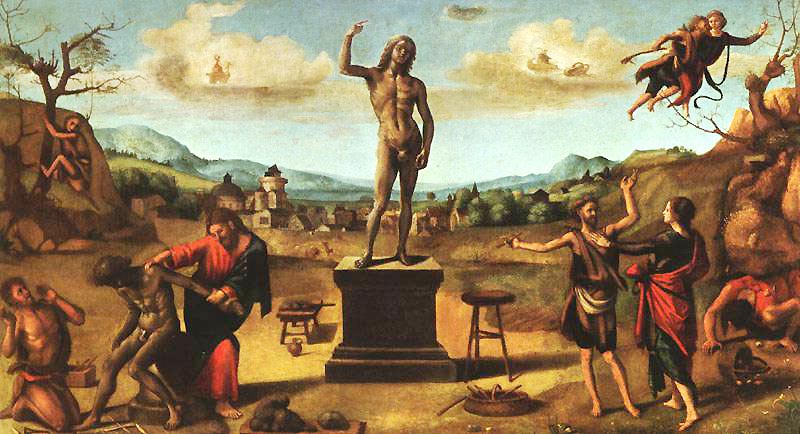
Die Ahnen α': Prometheus erschuf mit Hilfe von Athene das Griechengeschlecht (Menschengeschlecht):
Prometheus formte den Menschen aus Ton, Athene hauchte ihm den Atem ein.
(Cosimo 1515, Pinakothek München)
-
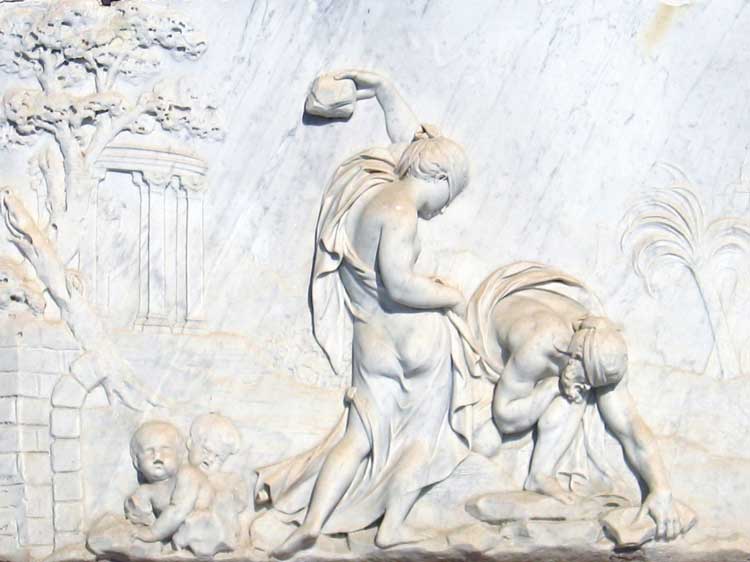
Die Ahnen β': Deukalion und Pyrrha "gebären" die ersten Griechen, (die ersten Menschen) nach der http://de.wikipedia.org/wiki/Deukalische_Flut, also Ελλην (http://de.wikipedia.org/wiki/Hellen), ihren Sohn.
-

Das Aphabet
-

Unser Leben
-

Unser griechisches Bewußtsein
-

Die Basis des Makedonen
-

Die Karte zeigt Makedonia
-

To Asteri Tis Verginas (Der Stern aus Vergina - Symbol Makedonias)
-

Die Stadt
-
YouTube - Μακεδονία ξακουστή
Das Lied
-

Das Volk
-
YouTube - The Kalash: Direct Descendants of Alexander the Great
in der Welt zu Hause, hier die Makedonen (Kalash) in Afghanistan / Pakistan
-

Die Freundschaft zu anderen Völkern und Kulturen hält seit sehr langer Zeit an, bis heute lebendig
-

Der befreundete Nachbar im Norden: F.Y.R.O.M
-

Der befreundete Nachbar im Westen: Albanien
-

Der befreundete Nachbar im Nordosten: Bulgarien
-

Die Ahnen α': Prometheus erschuf mit Hilfe von Athene das Griechengeschlecht (Menschengeschlecht):
Prometheus formte den Menschen aus Ton, Athene hauchte ihm den Atem ein.
(Cosimo 1515, Pinakothek München)
-

Die Ahnen β': Deukalion und Pyrrha "gebären" die ersten Griechen, (die ersten Menschen) nach der http://de.wikipedia.org/wiki/Deukalische_Flut, also Ελλην (http://de.wikipedia.org/wiki/Hellen), ihren Sohn.
-

Das Aphabet
-

Unser Leben
-

Unser griechisches Bewußtsein
Zuletzt bearbeitet:
